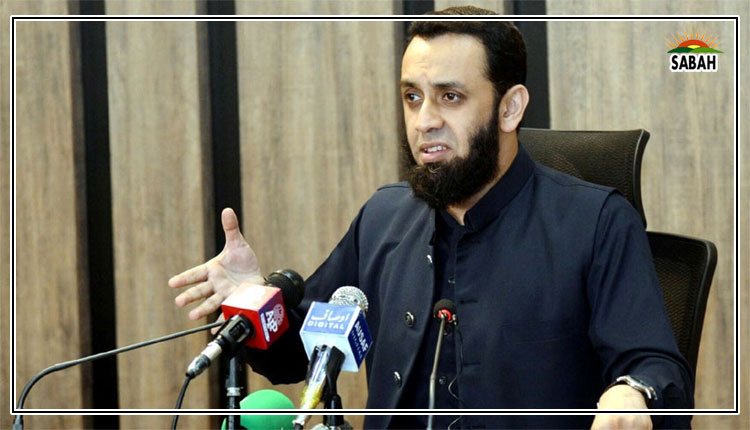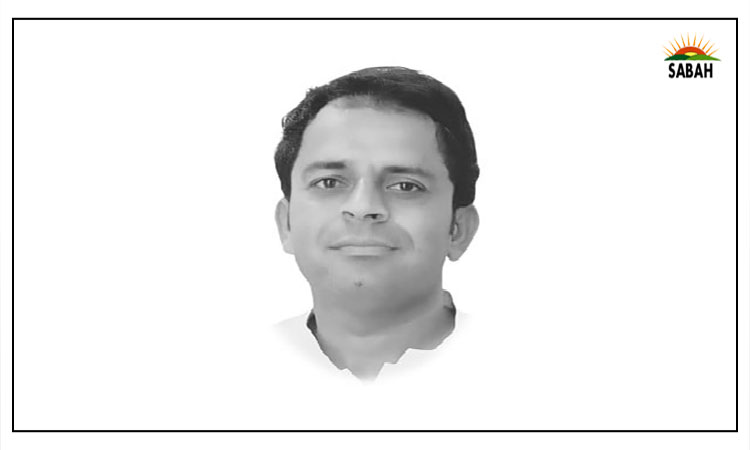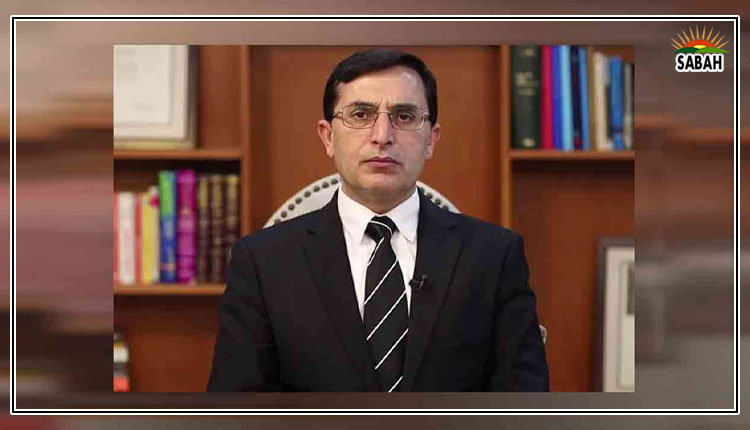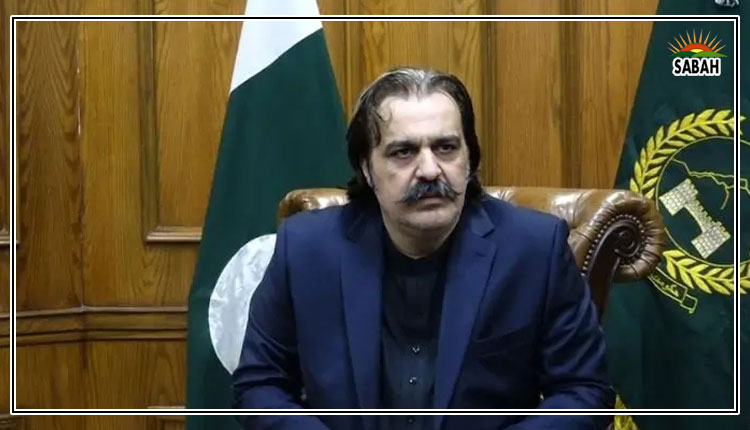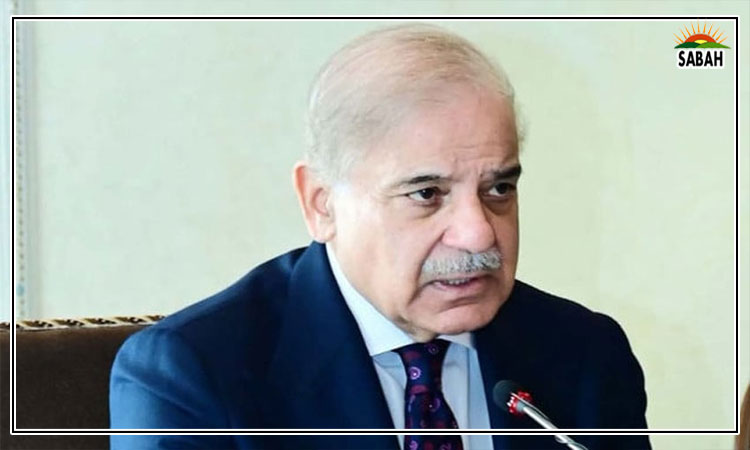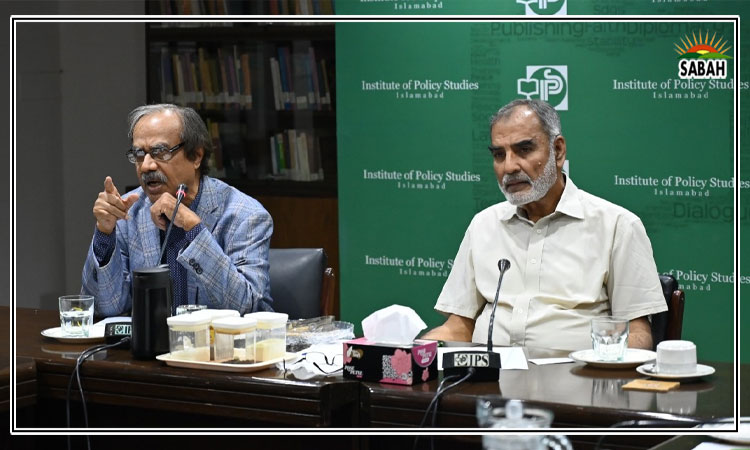Tailored IPP audits, SEZ development vital for efficient power sector management: Energy Experts
ISLAMABAD, Oct 09 (SABAH): Targeted solutions for power generation issues, based on case-by-case evaluations and audits of independent power producers (IPPs), along with strategic efforts to optimize the use of the country’s installed generation capacity and stimulate electricity demand through special economic zones (SEZs), can lead to more equitable and efficient outcomes for both producers and consumers.
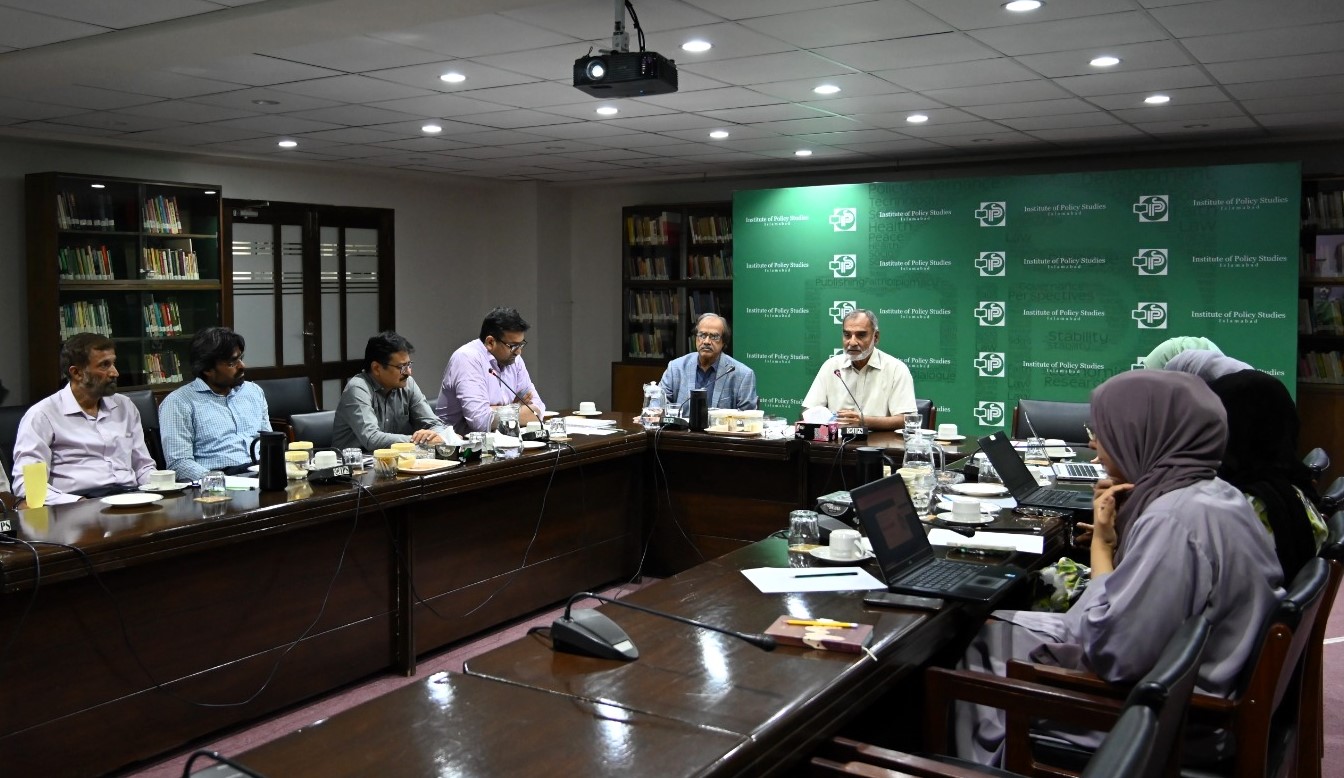
To achieve targeted solutions, a more transparent and tailored approach is essential. A case-by-case evaluation of IPPs is crucial, as each operates under distinct financial and operational conditions. Similarly, conducting phase-wise, priority-based audits of individual IPPs would more effectively address contractual and operational challenges by focusing on their specific issues. Moreover, efforts should prioritize increasing electricity demand, particularly by accelerating the development of SEZs, which offer a strategic opportunity to boost power consumption and improve sectoral efficiency.
This was discussed during a consultative meeting on “Unpacking the Issues in IPP Contracts: Insight from Experience and Emerging Scenarios,” held at the Institute of Policy Studies (IPS), Islamabad.
The insights were shared by Naveed Siddique, a consultant Engineer with diversified experience in various subsector of power sector of Pakistan, including Ministry, regulatory authority, vertically integrated utility, and IPPs, Khalid Rahman, Chairman IPS, Mirza Hamid Hassan, former federal secretary, water and power, and Asad Mahmood, a renewable energy expert.
Muhammad Wali Farooqi, IPS research officer, presented a comprehensive study on mapping Pakistan’s IPPs, supported by detailed infographics. The study provided a thorough overview of the country’s power generation landscape, highlighting the distribution and operational metrics of IPPs to better understand the challenges within the sector.
Addressing inefficiencies in the transmission and distribution (T&D) infrastructure and industrial growth, the discussants emphasized the need for the government to focus on identifying and tagging transmission constraints across different timeframes – daily, monthly, and seasonal – to optimize dispatch operations. The current forced lower and higher dispatches, driven by these limitations, result in inefficiencies and inflated costs through capacity payments and higher tariffs.
In line with these concerns, the participants recommended that the government commission an independent technical and cost evaluation of the T&D system through NESPAK, supported by international expertise. This evaluation should identify any undue payments to IPPs and recommend a new framework for agreements with retired but operational plants, focusing on ancillary services under a “take-and-pay” model. Moreover, the evaluation will offer a roadmap for improving the power sector’s efficiency and guiding future privatization and deregulation efforts.
The experts voiced concerns over the government’s focus on increasing installed capacity, despite having sufficient capacity to meet demand. Instead, they emphasized the need to optimize the use of existing resources and reducing inefficiencies in load-shedding, technical losses, and transmission constraints, which continue to burden consumers with rising tariffs and capacity payments, without improving electricity supply or affordability.
It was recommended that the expansion of installed capacity should be linked directly to future demand growth, preventing the costly buildup of idle capacity and unnecessary payments. The discussion highlighted the importance of adopting a collaborative framework between the government and IPPs to address these challenges. For this, they urged the government to fast-track the development of SEZs, which would help boost industrial power consumption and better utilize the country’s installed generation capacity.
In his concluding remarks, Khalid Rahman underscored the need for transparency and efficient management of IPP contracts. He urged for review of tariff structures and capacity payments to alleviate the financial burden on consumers. Furthermore, he advocated for making the country’s transmission infrastructure more affordable and accessible to the public, addressing high costs and inefficiencies that hinder the delivery of reliable electricity.



